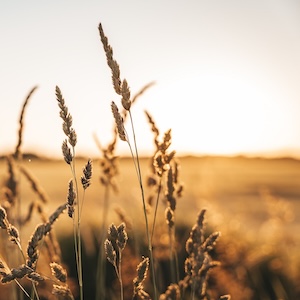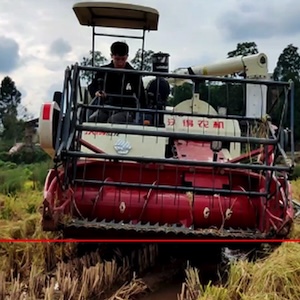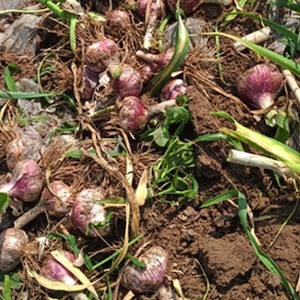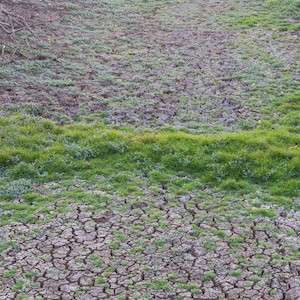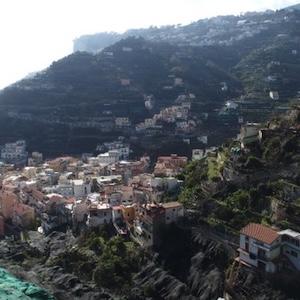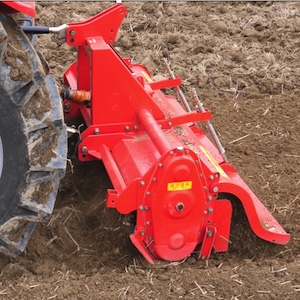Satellite remote sensing for monitoring citrus orchards water requirements at the irrigation district scale

Published: 31 October 2024
Abstract Views: 266
PDF: 270
HTML: 6
HTML: 6
Publisher's note
All claims expressed in this article are solely those of the authors and do not necessarily represent those of their affiliated organizations, or those of the publisher, the editors and the reviewers. Any product that may be evaluated in this article or claim that may be made by its manufacturer is not guaranteed or endorsed by the publisher.
All claims expressed in this article are solely those of the authors and do not necessarily represent those of their affiliated organizations, or those of the publisher, the editors and the reviewers. Any product that may be evaluated in this article or claim that may be made by its manufacturer is not guaranteed or endorsed by the publisher.
Similar Articles
- Chiara Antinoro, Vincenzo Bagarello, Vito Ferro, Giuseppe Giordano, Massimo Iovino, Testing the shape-similarity hypothesis between particle-size distribution and water retention for Sicilian soils , Journal of Agricultural Engineering: Vol. 43 No. 3 (2012)
- Rodolfo Piscopia, Andrea Petroselli, Salvatore Grimaldi, A software package for predicting design-flood hydrographs in small and ungauged basins , Journal of Agricultural Engineering: Vol. 46 No. 2 (2015)
- Molla Mekonnen Alemu, Hussein Gadain, Brigadier Libanda, Understanding land use and land cover change in a prolonged conflict affected farming system: the case of Tuban district, Yemen , Journal of Agricultural Engineering: Vol. 56 No. 1 (2025)
- Ciro Apollonio, Andrea Petroselli, Paolo Cornelini, Vito Manzari, Federico Preti, Salvatore Grimaldi, Riparian vegetation as a marker for bankfull and management discharge evaluation: The case study of Rio Torbido river basin (central Italy) , Journal of Agricultural Engineering: Vol. 52 No. 2 (2021)
- Meng Junjie, Cao Ziang, Guo Dandan, Wang Yuwei, Zhang Dashan, Liu Bingyou, Hou Wenhui, Grape detection in natural environment based on improved YOLOv8 network , Journal of Agricultural Engineering: Vol. 55 No. 4 (2024)
- Emanuel Rigon, Johnny Moretto, Riccardo Rainato, Mario Aristide Lenzi, Andrea Zorzi, Evaluation of the morphological quality index in the Cordevole river (Bl, Italy) , Journal of Agricultural Engineering: Vol. 44 No. 3 (2013)
- Arianna Facchi, Olfa Gharsallah, Claudio Gandolfi, Evapotranspiration models for a maize agro-ecosystem in irrigated and rainfed conditions , Journal of Agricultural Engineering: Vol. 44 No. s2 (2013): Proceedings of the 10th Conference of the Italian Society of Agricultural Engineering
- Senanur Durgut Malçok, Azime Özkan Karabacak, Cüneyt Tunçkal, Canan Ece Tamer, Application of response surface methodology for optimisation of Cornelian cherry - Capia pepper leather dried in a heat pump drying system , Journal of Agricultural Engineering: Vol. 54 No. 3 (2023)
- Johnny Moretto, Emanuel Rigon, Luca Mao, Lorenzo Picco, Fabio Delai, Mario Aristide Lenzi, Medium- and short-term channel and island evolution in a disturbed gravel bed river (Brenta River, Italy) , Journal of Agricultural Engineering: Vol. 43 No. 4 (2012)
- Fernando Ferreira Abreu, Luiz Henrique Antunes Rodrigues, Monitoring mini-tomatoes growth: A non-destructive machine vision-based alternative , Journal of Agricultural Engineering: Vol. 53 No. 3 (2022)
<< < 3 4 5 6 7 8 9 10 11 12 > >>
You may also start an advanced similarity search for this article.

 https://doi.org/10.4081/jae.2024.1623
https://doi.org/10.4081/jae.2024.1623





